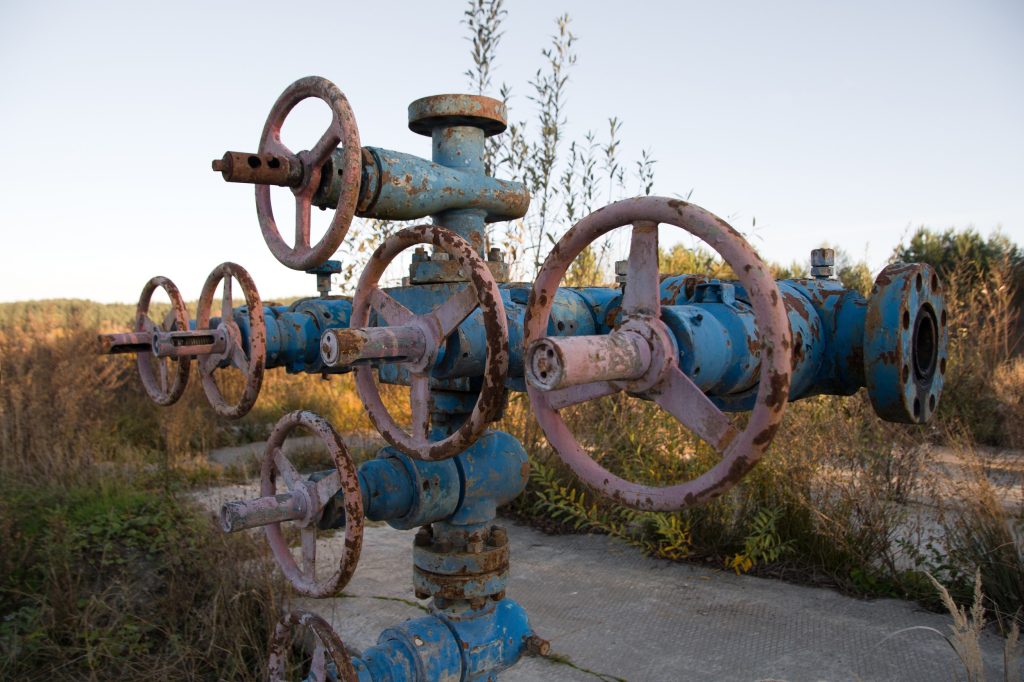Groups in the Keystone State are urging the Pennsylvania Department of Environmental Protection to move forward quickly and implement some of the suggestions outlined in its report regarding conventional well operators plugging their abandoned wells.
The Pennsylvania DEP details the oversights of the oil and gas industry in their recent report.
Ankit Jain, associate attorney with the Sierra Club, said his group petitioned the state to adopt full-cost bonding for conventional and unconventional oil and gas wells.
He noted that in their attempt to raise the bonds above $2,500, House Bill 2644 was passed – which restricts the state’s ability to change bond amounts for conventional wells and sets restrictions on how the state must spend federal funding that has been provided to Pennsylvania to plug orphaned wells.
“It prevents the DEP from raising bond amounts for conventional wells for 10 years from its passage,” said Jain. “I’ll note that it doesn’t say anything about fracking wells. So we have also petitioned the DEP to raise bond amounts for fracking wells, and they still have that authority, and they’re still considering our petition to do it.”
Jain added that they are asking lawmakers to raise the bond amount to $38,000 per conventional well, and $83,000 per fracked well.
Pennsylvania has more than 6,000 so-called “orphan” gas wells, with hundreds of thousands yet to be found, according to the state DEP.
Jain pointed out that the current business model of the conventional oil and gas industry to place the responsibility on taxpayers to pay to plug wells isn’t a good idea.
He added that the group suggests that lawmakers implement a change that would block operators from transferring the sale of abandoned unplugged wells to other companies.
“I think the legislature should look at addressing this transfer issue and making sure that wells aren’t being transferred to operators that just don’t have the money to plug them,” said Jain. “And that’s something that would be, you know, very targeted and could help put a serious dent in this problem.”
Jain added that it’s important for wells to be plugged to avoid chemicals and pollutants, like methane and benzene from seeping into the air and water.




